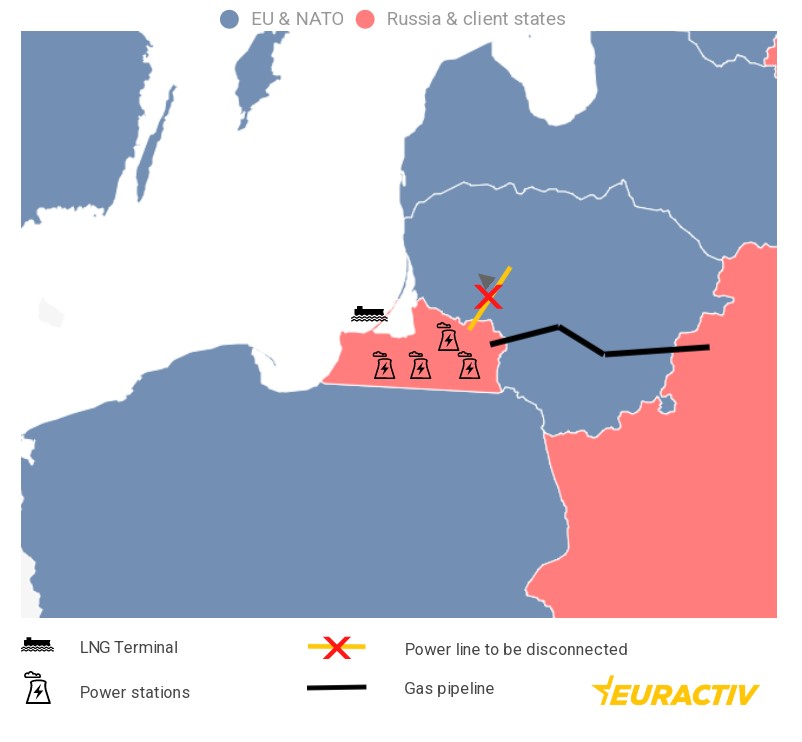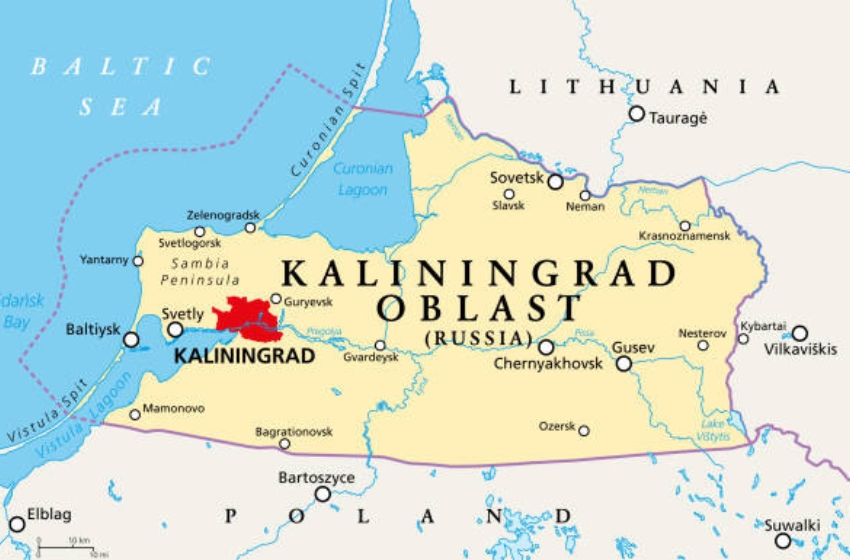After the synchronization of the Baltic energy systems with continental Europe, scheduled for February 9, Russia's Kaliningrad region will find itself in energy isolation, functioning as an "energy island," meaning without external connections to other power grids, according to Euractiv.
Following Moscow's war on Ukraine, the EU started restricting overland access to the encircled piece of Russian territory. In response, the Kremlin said Kaliningrad "will always be" the country's outpost in the Baltic.
The publication notes that this region is of strategic importance to Russia: it houses Iskander missiles capable of carrying nuclear warheads and hosts a significant portion of the Russian Baltic Fleet.
Until now, the exclave has remained connected to the Moscow-controlled power grid, but this will change later this week.
"After Baltic Power System synchronisation with Continental Europe, Kaliningrad area will operate in the island mode," said Lithuanian grid operator Litgrid, who is in charge of the grid cut alongside their Baltic counterparts.

The Baltic states plan to disconnect all links to Russia and Belarus and dismantle power lines. Energy islands—grids without external connections—are rare in Europe. These networks are more challenging to operate because they cannot rely on cross-border flows to balance fluctuations in electricity demand and supply.
Kaliningrad has its own power plants (one coal-fired and three gas-fired) and diversified gas supply sources, so there is no real risk to its energy supply. The region has been conducting annual tests for operating in an isolated mode for several years, and these tests have shown successful results.





















